Session of National Council of Deans of Institutes of Foreign Affairs and International Relations
Session of National Council of Deans of Institutes of
Foreign Affairs and International Relations Held in UIR
2016 July 3rd
On July 3, University of International Relations hosted the 2nd Session of the National Council of Deans of Institutes of Foreign Affairs and International Relations. With Vice President Sun Zhiming as the chair, the meeting was attended by more than 60 scholars from around 50 renowned universities. Government officials from the Ministry of Foreign Affairs were also present at the session.
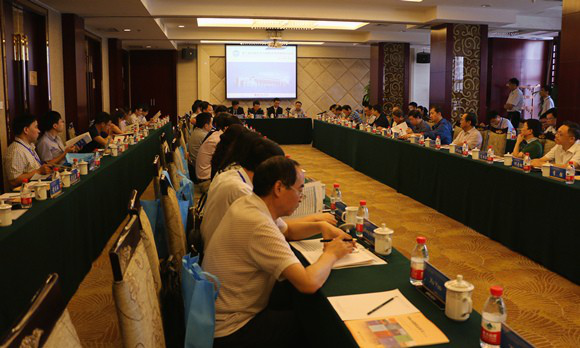
A view of the session
Speeches and discussions were mainly themed around topics of “International Security: Coping with Challenges” and “Training of Talents in Foreign Affairs and International relations in China.
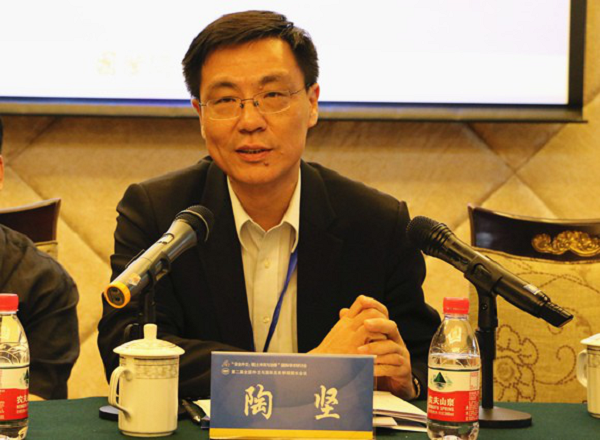
Tao Jian, President of UIR
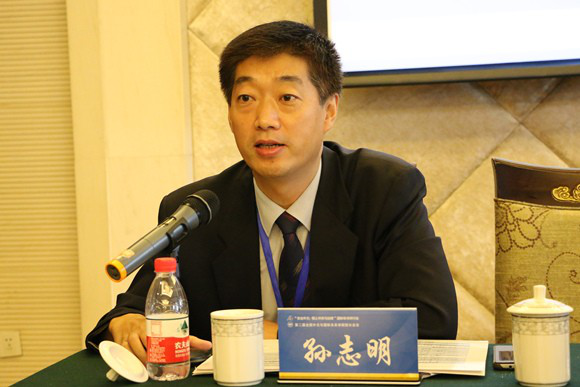
Sun Zhiming, Vice President of UIR, chairperson of the session
President Tao Jian welcomed the delegates, and pointed out that under the volatile situation of international security, more requirements and higher expectations are placed on talent training and discipline-construction in the field of diplomacy and international relations, which should be converted into more opportunities. He encouraged delegates to make full use of the Council and this session to exchange views and contribute to the training of interdisciplinary talents urgently needed by our country in its development strategy as well as personnel with both international vision and a deep understanding of cultures.
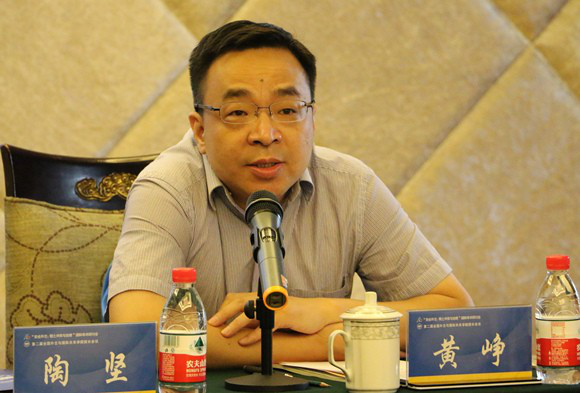
Huang Zheng, Director-General of Policy Planning Department,
Ministry of Foreign Affairs, PRC
Huang Zheng, Director-General of the Policy Planning Department of China’s Ministry of Foreign Affairs, indicated that the Ministry has always attached importance to the role of university think tanks and has witnessed numerous innovations in China’s diplomatic practices and theories, in particular, the theories of major powers since the 18th National Congress of the Communist Party of China. He hoped that think tanks, experts and scholars from institutes of diplomacy and international relations around the country will provide more and inspirational suggestions to China’s foreign policy-makers.
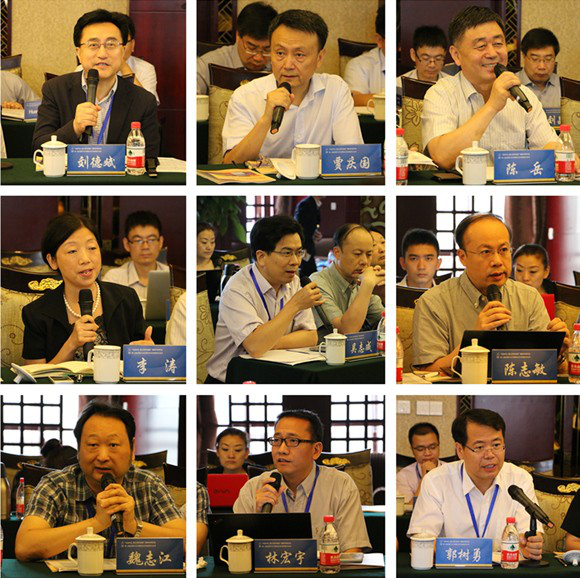
Delegates speaking
Delegates from Peking University, Jilin University, Renmin University of China and other institutions of higher learning made keynote speeches under the theme of “International Security: Coping with Challenges”, and discussed topics of “Global and Peripheral Security Situations”, “Game of Powers”, “Terrorism and International Security”.

Delegates speaking
High on the agenda of the deans are the further construction of international relations as a discipline, the design of curricula that meet the needs of our time, the reforms in the teaching methodology of international studies and the cultivation of talents with a global vision. Under the theme of “Training Diplomatic and International Relations Talents for China”, the deans discussed topics of “Curriculum, Textbooks and Teaching” and “Particularities of Cultivating Talents in Diplomacy and International Relations”. Delegates also talked about problems, shared experience, and made proposals as to further develop the discipline with the launch of the “Double First-Rate” campaign.
Tao Jian, President of UIR, Yuan Nansheng, Party Secretariat of China Foreign Affairs University and Qin Yaqing, President of China Foreign Affairs University, made concluding speeches.

Yuan Nansheng, Party Secretariat of China Foreign Affairs University
Emphasizing capacities for research, negotiations, and self-protection and interpersonal skills, Yuan suggested that courses involving diplomatic investigation and research, foreign cultures and taboos, and history should be provided to equip the students with the tools of the trade.
Tao acknowledged that the “products” of universities fall short of the needs and expectations of the society. As educators, universities should have forethought on curriculum design and teaching methodology, and find their own strengths and positions in the cultivation of talents. Universities should also acquaint students with contents specific to the conditions in China and enhance their knowledge and understanding of both their home country and the rest of the world.
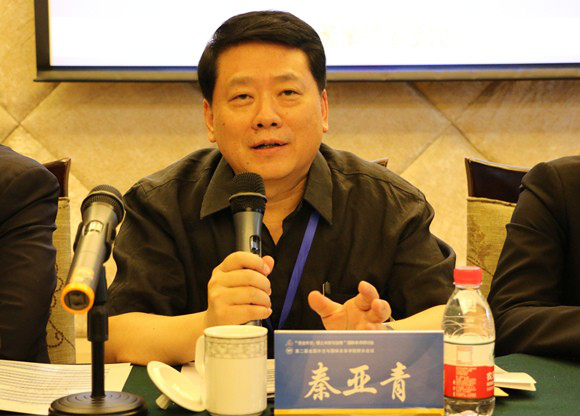
Qin Yaqing, President of China Foreign Affairs University
After pointing out the prominent phenomena in the theoretical research of international relations, Qin made an in-depth analysis of the opportunities in this field and put forward his suggestions as “Three Adherences”, namely, adherence to idea innovation, adherence to diversity, and adherence to communications.
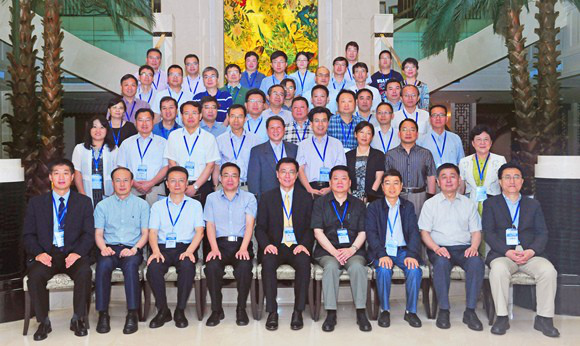
Photo of delegates
This meeting is the second session of the National Council of Deans of Institutes of Foreign Affairs and International Relations, which was initiated by China Foreign Affairs University in 2015. The event has provided a new platform for scholars from different institutions to exchange ideas on the latest development in international relations, and has activated the discipline construction and teaching reforms in this field.